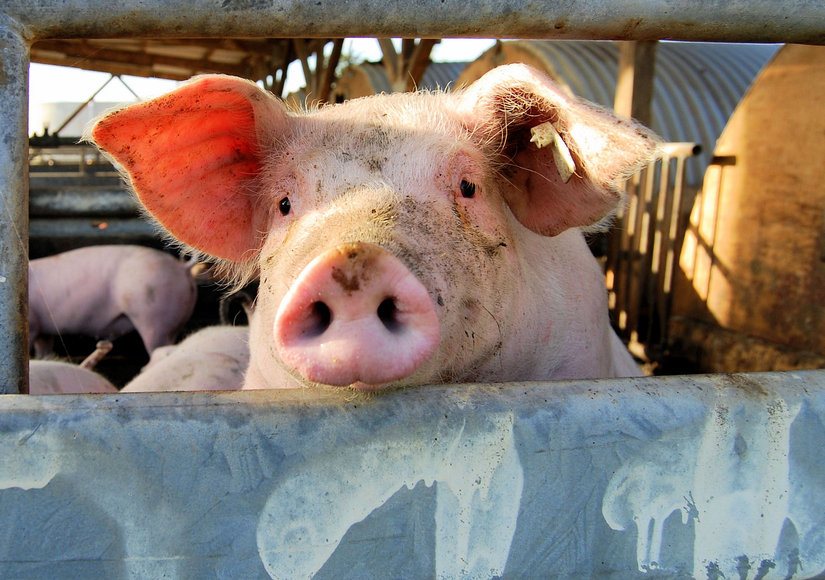
Healthy pigs will end up being destroyed and wasted unless the government takes urgent action to alleviate crippling staff shortages, the sector has warned.
The plight facing the pig sector as a result of the labour shortages affecting the entire food chain is worsening, with the National Pig Association (NPA) warning of a 'significant contraction' of the sector.
Currently, there is an estimated 70,000 surplus of pigs on farms, but this is growing at a rate of 15,000 a week, the NPA explained.
Pork processors are permanently reducing throughput as a result of labour shortages in plants, especially butchers, and there is 'no end in sight'.
The trade body is one of the food and farming organisations behind the Grant Thornton report, which, published last week, called for ministers to introduce a 12-month Covid-19 Recovery Visa.
NPA's chief executive Zoe Davies said the sector was 'desperately' seeking support from the government, particularly the Home Office, to facilitate access to new workers.
"If government doesn’t take action, perfectly healthy pigs will end up being destroyed and wasted," she said.
"For the second time in under a year the pig sector is facing some really tough choices, which we really shouldn't have to be taking as demand for British pork is still strong."
Ms Davies warned that there could be an 'exodus' of pig keepers this year and next as many have 'simply had enough'
"We already only supply 40% of the pork eaten here – is it right that we should be importing more from the EU – the ultimate irony of Brexit," she added.
According to the British Meat Processors Association (BMPA), some processors are 25% down on capacity and having to cut down on lines.
The body warned that the country was already facing a shortage of pigs in blankets for the Christmas period.
Chief executive Nick Allen described the situation in the processing sector as a ‘nightmare’ and said the Covid Recovery Visa would help get some extra people into the country.
“We need a quick fix – we understand longer term that we all have to adapt, and either mechanise or get British labour doing these jobs, but in this immediate short-term, on the back of Covid, we can’t do it.
"Without the short-term fix, there’ll be long-term damage.”
